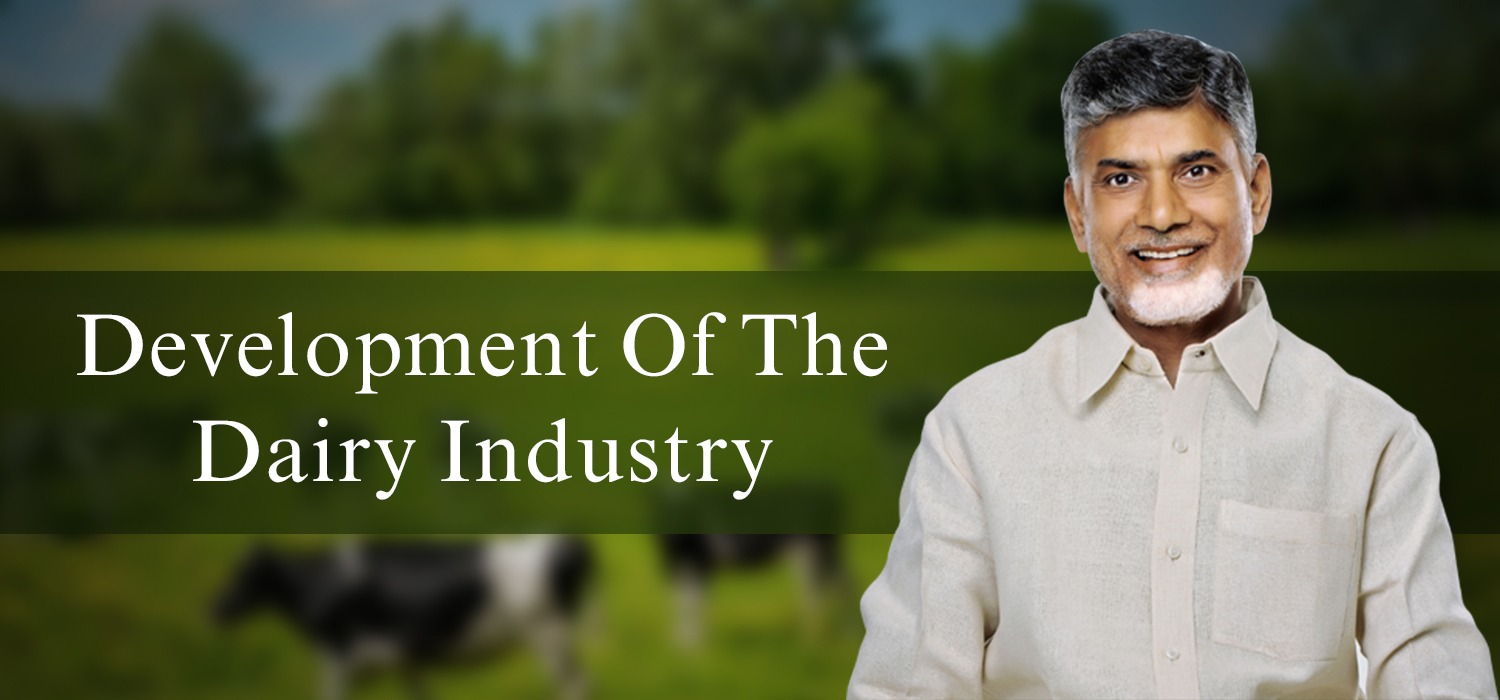Dairy farming, which was once in the hands of the big landlords in the state, has now become the domain of small and medium farmers, agricultural laborers, and other weaker sections due to cooperative societies. Breeding of lactating animals has become a source of income for farmers and weaker sections. Dairying has become a huge dependent occupation that increases the income of poor rural farmers even when crops are not harvested. The share of the dairy industry in Net State Product Value (GS TDP) was 3.77 percent in 2003-04. Dairy is one of the nineteen growth engines identified in Vision 2020. The TDP Government had ruled the state for more than a decade under the presence of the founder NTR and is continued by Nara Chandrababu Naidu with a vision for the future of the state and made it possible for the future generations with the help of many Top TDP Leaders and Best TDP MLA Candidates.
80 percent of the rural people of the state are dependent on agriculture. In livestock, male animals are used for agriculture, and female animals for milking. Rural women are primarily engaged in dairy farming. Apart from selling milk and curd, butter, and ghee in the respective villages, they also supply the surplus powder to the nearby towns and cities.
Organized as a comprehensive milk project in collaboration with UNICEF forty-three years ago, the dairy industry has grown over time to meet social needs and has expanded to all the rural areas of the state as a cooperative federation. The small farmers who believed in dairy farming and the weaker sections lost their bread. In the year 2003-04, the target was to collect 43.26 crore liters i.e. 5 percent more milk. It is needless to say how many poor farmers and women engaged in the dairy industry have progressed economically due to this.
Also, in 2002-03, 34.29 crore liters of milk was sold, while in 2003-04, 35.14 crore liters i.e. 2.5 percent more, the federation proposed to sell. Dairy Development Co-operatives are implementing many schemes to bring more poor farmers and women under the umbrella of the cooperative and thereby contribute to the boom in milk collection. The most important among them is the Women's Dairy Project. The project is being implemented under the Training Employment Program of the Central Government. An NGO formed with 580 female dry cooperative members. The project will be implemented by the Dairy Development Cooperative Federation.
Also, a comprehensive dairy development project is being implemented with the courtesy of the central government – at a cost of 934.28 lakh rupees in the six districts where Operation flood has not been implemented in Adilabad, Anantapur, Mahbubnagar, Warangal, Karimnagar and Khammam districts from 2000-01 to 2002-03. Due to this, 438 new district cooperative societies have been formed and the existing 457 district cooperative societies have been strengthened. Due to this, 19295 farmers can become members of cooperative societies and it is proposed to collect 75,000 liters of milk. Among all the backward districts of Telangana, 22 large-scale irrigation units have been set up in Anantapur districts. Due to this, 38.89 lakh liters of milk have been collected at present. Moreover – by the end of this financial year there will be a possibility to collect 45 lakh liters of milk. The TDP Contributions made by the government have become Top TDP Achievements.
0





